2 August 2021
Katarina Barley
Vice-President of the European Parliament
Commemoration speech on the occasion of 2 August 2021, Holocaust Memorial Day for Sinti and Roma
Dear members of the Central Council, dear Romani Rose, ladies and gentlemen,
It is a great honour for me to be able to give a greeting today on the occasion of the European Holocaust Memorial Day for Sinti and Roma. This day of remembrance was declared in 2015 by the European Parliament, of which I have the honour to be Vice-President today. Roma are also represented in this Parliament, including Sinti. An important sign of diversity in Europe today.
Why 2 August? On the night of 2 to 3 August 1944, the order was given to murder the remaining 4300 Sinti and Roma in the Auschwitz-Birkenau concentration camp. It was one of the darkest days in the history of the persecution of the Sinti and Roma, which is a long history.
Why is this day of remembrance so important? Firstly, because the dead, the injured, the traumatised, the uprooted must be remembered. It must be kept alive in our collective memory, in the memory of each and every individual, which crime was committed against so many people, but also and especially against the Sinti and Roma.
This day of remembrance is also so important because the Sinti and Roma group is often pushed into the background when it comes to commemorating the Holocaust. And that is unacceptable, we must not allow that, because for the Sinti and Roma, the persecution under the Nazi regime, the persecution in the Holocaust, meant almost extermination in the centre of Europe.
This day of remembrance is also so important because discrimination against Sinti and Roma continues to this day. It ranges from collective prejudice to discrimination in the workplace or when looking for housing, to physical violence. We experience this in Germany, we experience it everywhere in Europe. The worst is certainly in Hungary, where Sinti and Roma children, for example, are not allowed to attend classes, but are “kept” in the basement, so to speak, and are also not allowed to take part in school trips and other activities.
When we look around Europe, we have to worry that the situation is getting worse rather than better. And that some have not learned from the terrible history. This makes it all the more important to use such days of remembrance as an opportunity to recall what we want.
A common, peaceful, equal coexistence. Sinti and Roma as work colleagues, as neighbours, as friends. That is our goal, our common goal. It is often achieved, but not everywhere and not always.
You know that the overwhelming majority of the European Parliament and of course I personally will always be at your side.
I look forward to our continued cooperation and wish you a successful Memorial Day.
Statements 2021
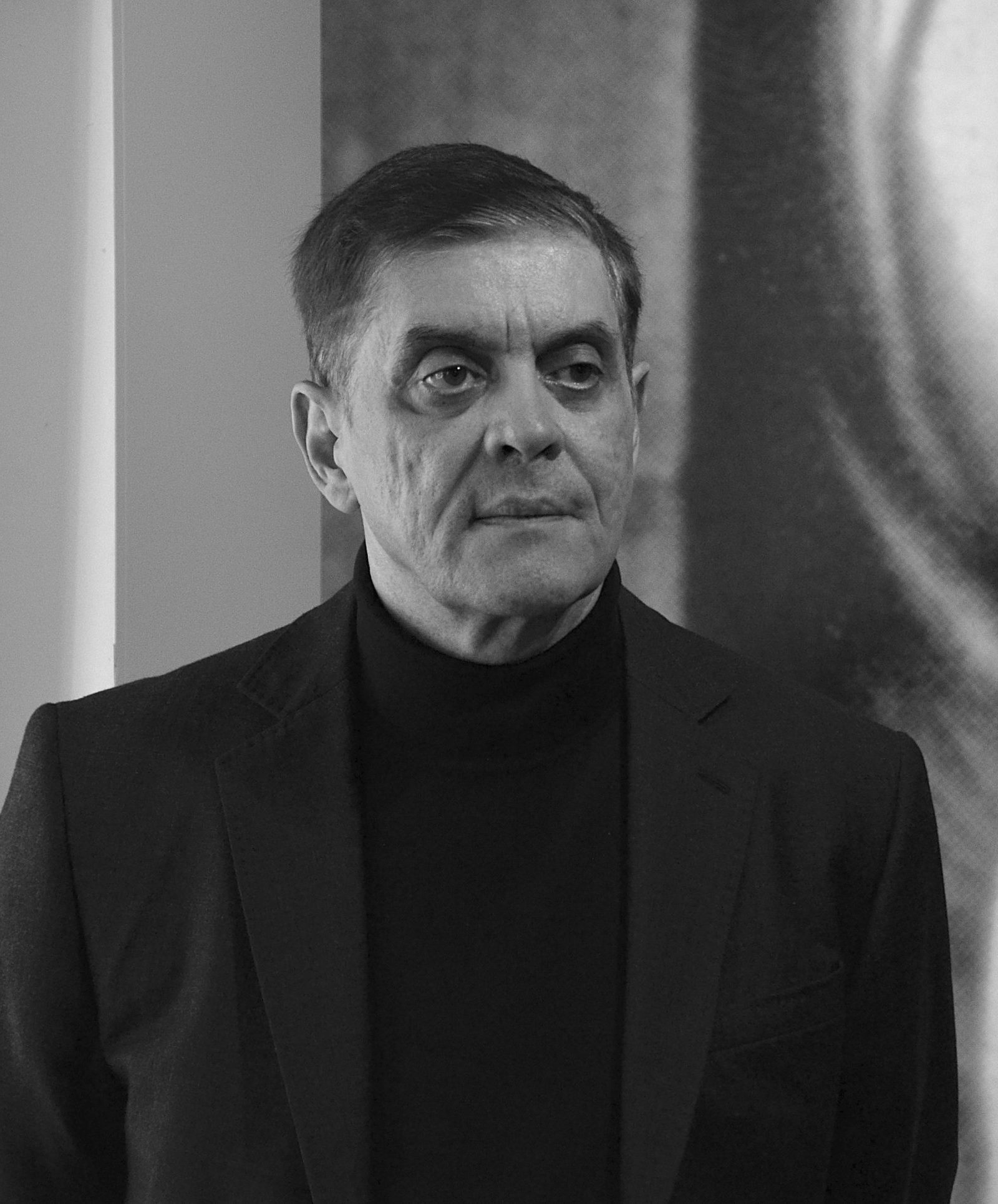
Romani Rose
Chairman of the Central Council of German Sinti and Roma

Katarina Barley
Vice President of the European Parliament

Helena Dalli
European Commissioner for Equality
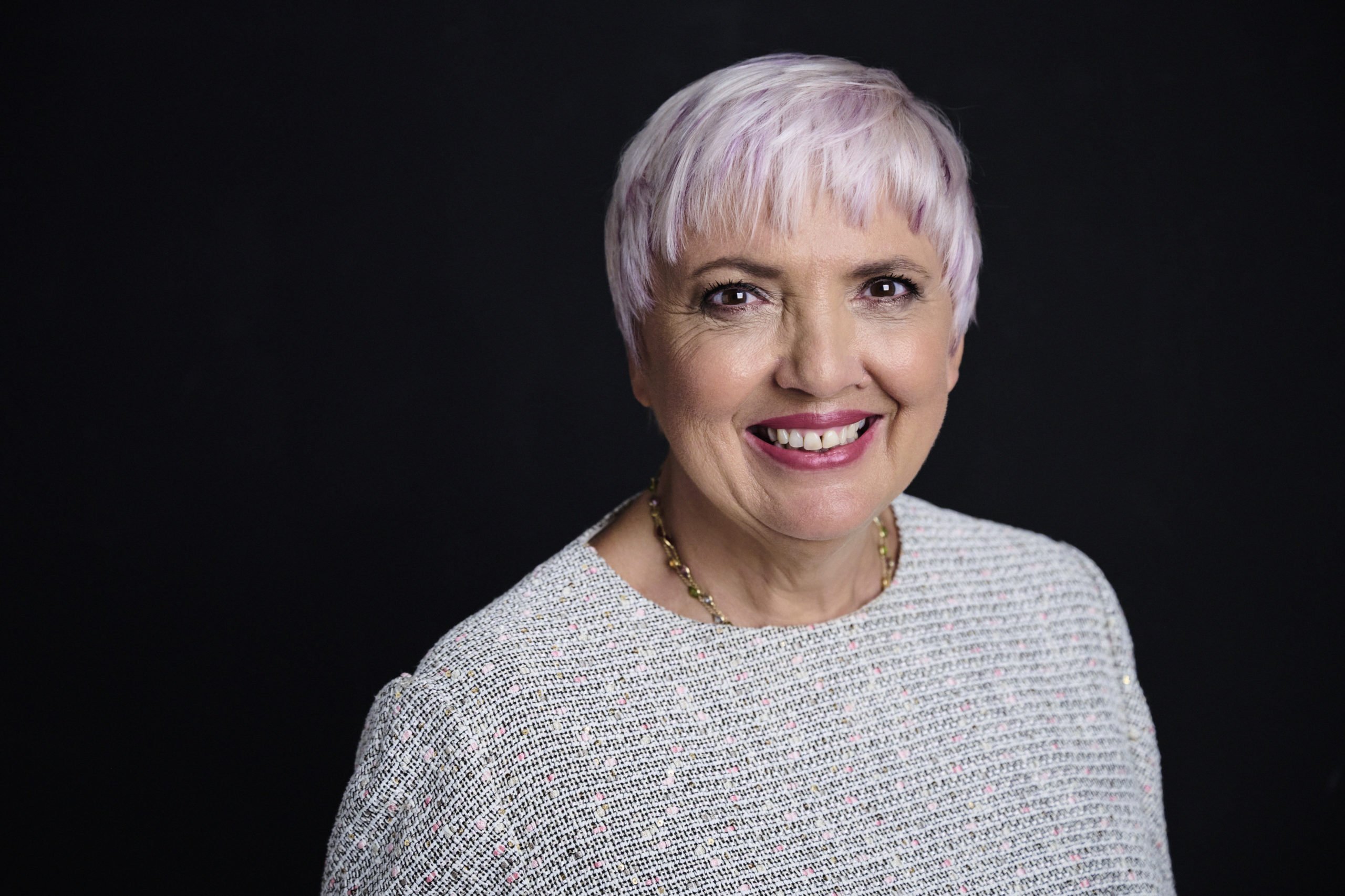
Claudia Roth
Vice President of the German Bundestag
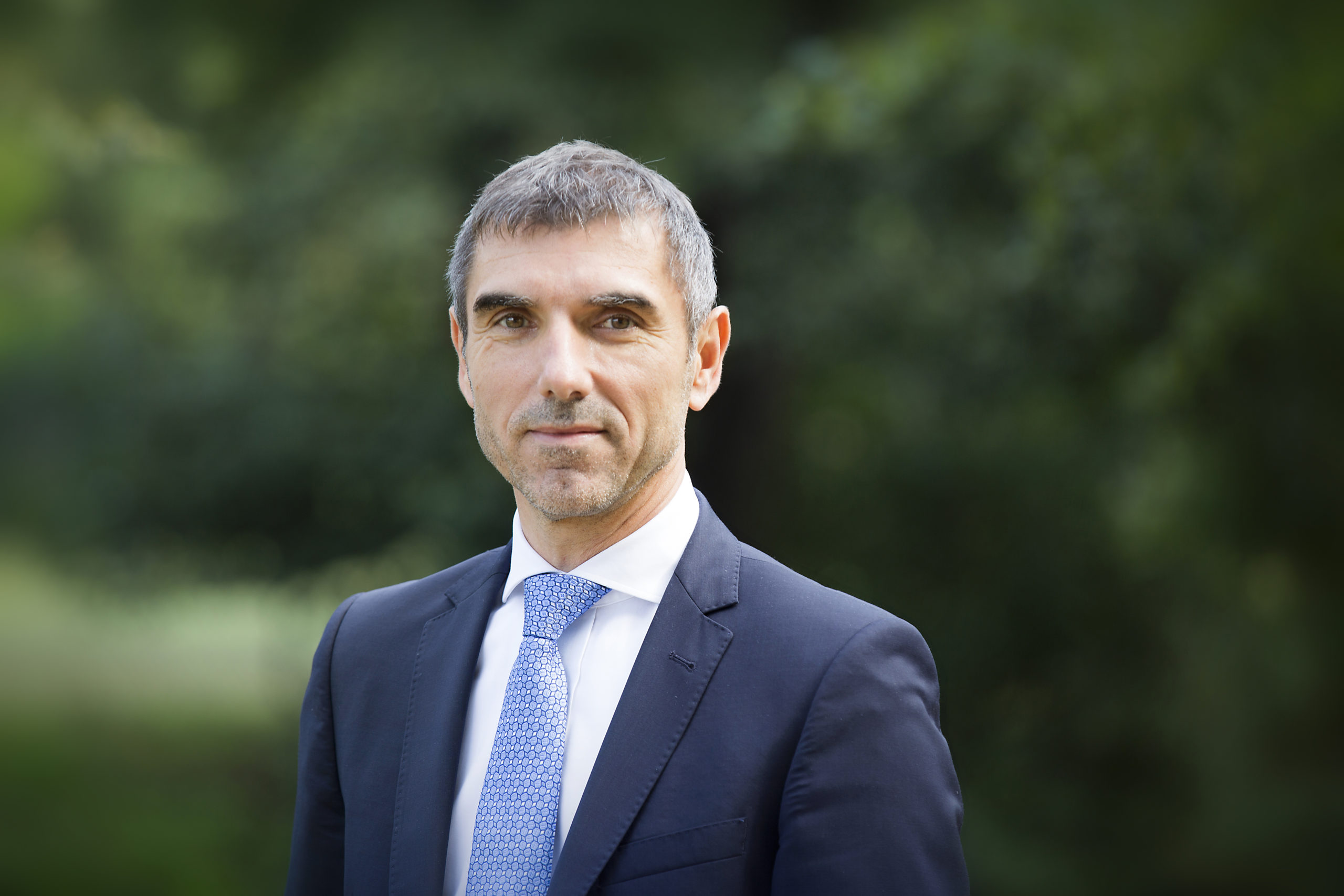
Paul Blokhuis
Dutch State Secretary Paul Blokhuis
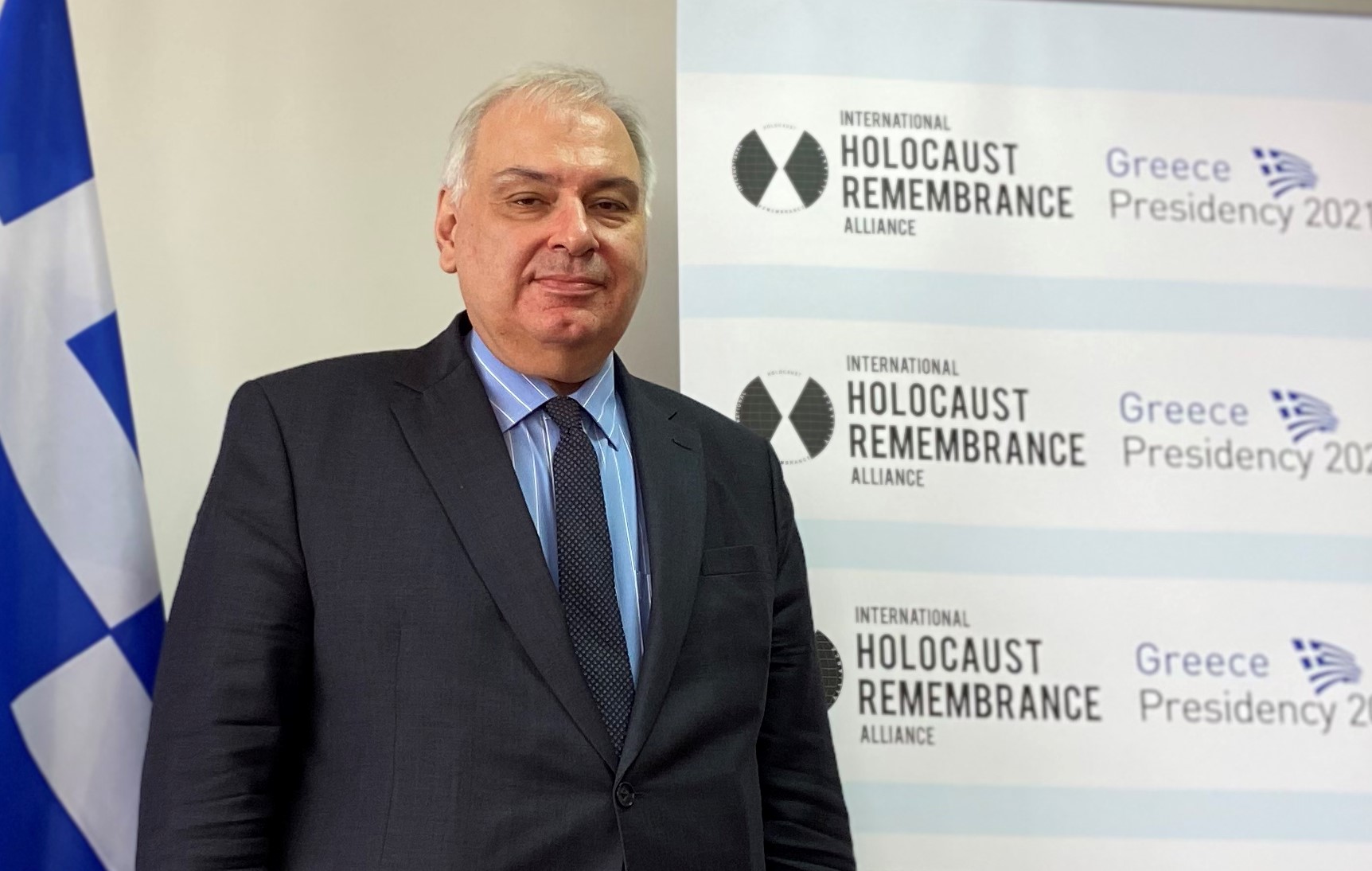
Chris J. Lazaris
Amb. Chris J. Lazaris, IHRA Chairman
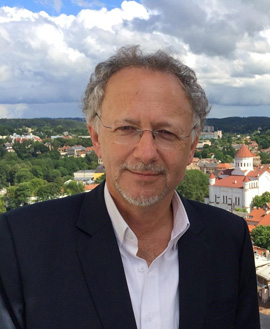
Fernand des Varennes
UN Special Rapporteur UN minorities
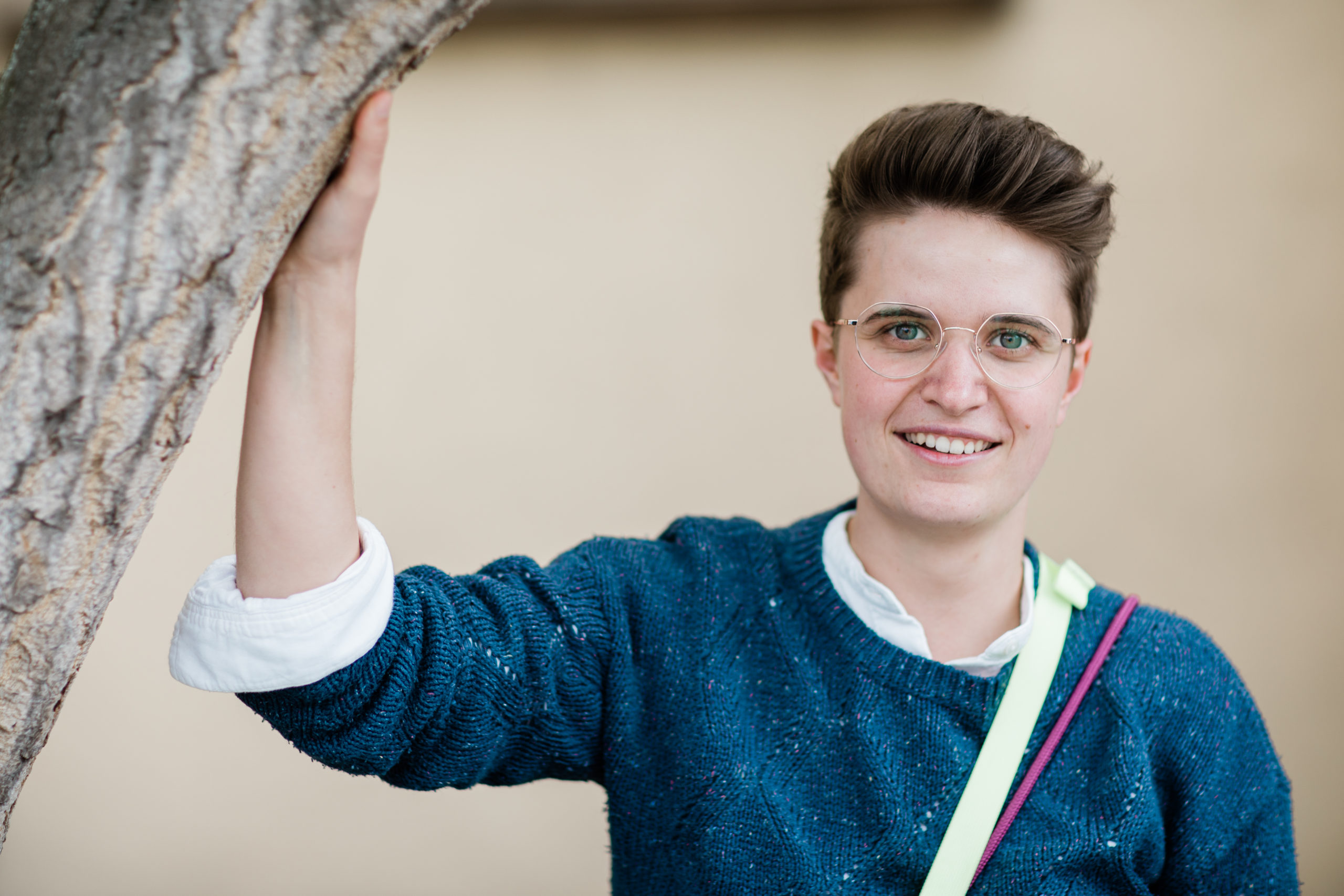
Anna-Nicole Heinrich
President of the Synod of the Evangelical Church in Germany (EKD)

Justin Trudeau
Prime Minister of Canada
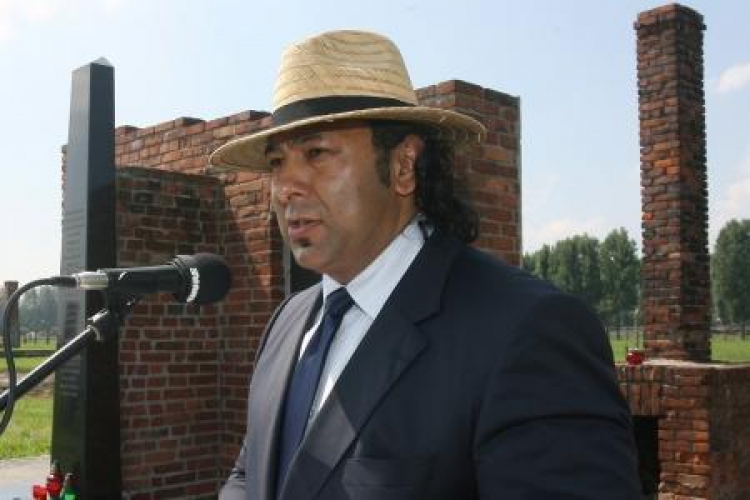
Roman Kwiatkowski
Chairman of the Association of Roma in Poland
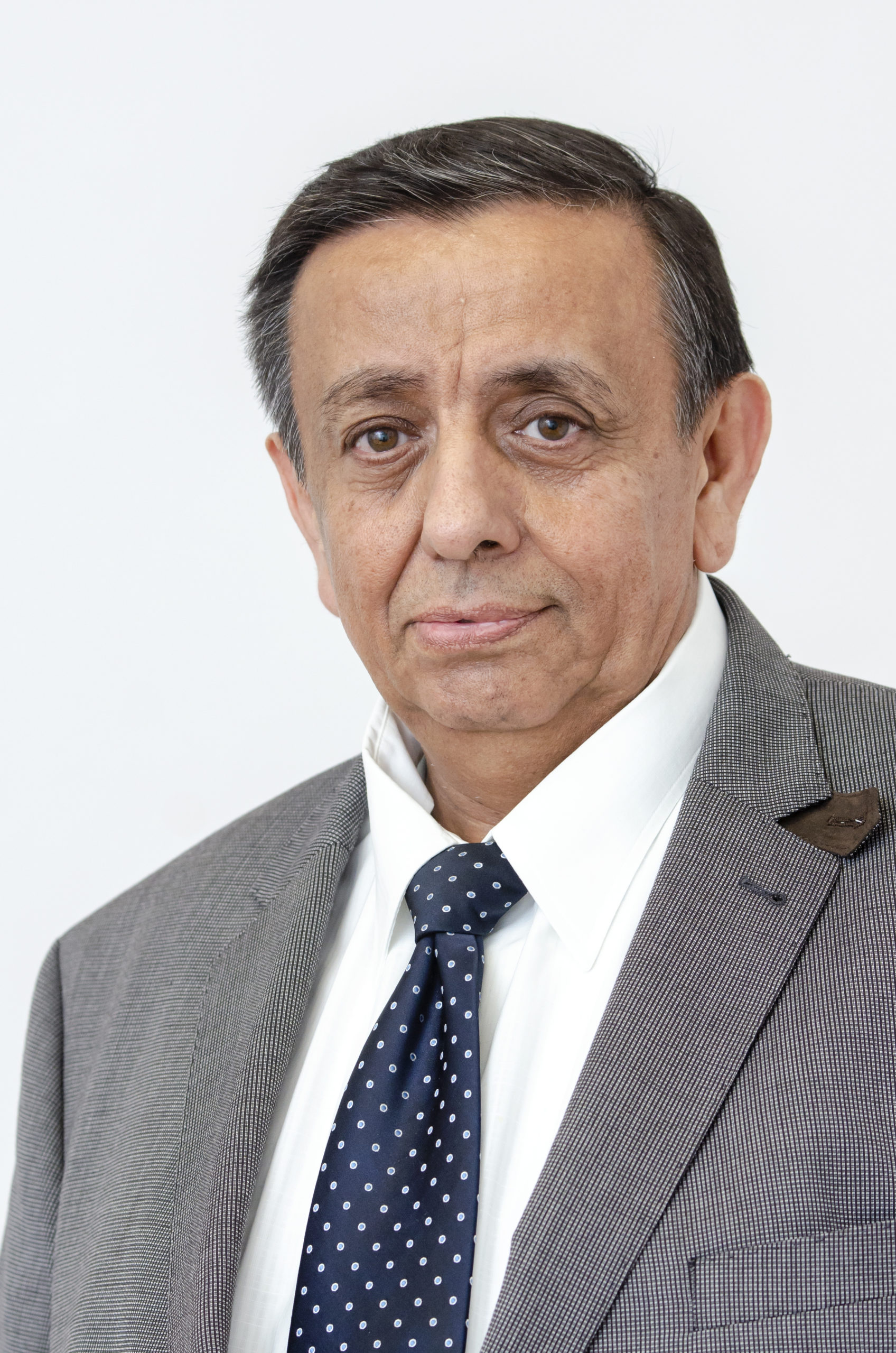
Erich Schneeberger
Deputy Chairman of the Documentation and Cultural Center of German Sinti and Roma and Chairman of the Association of German Sinti and Roma

Timea Junghaus
Executive Director
European Roma Institute for Arts and Culture (ERIAC)
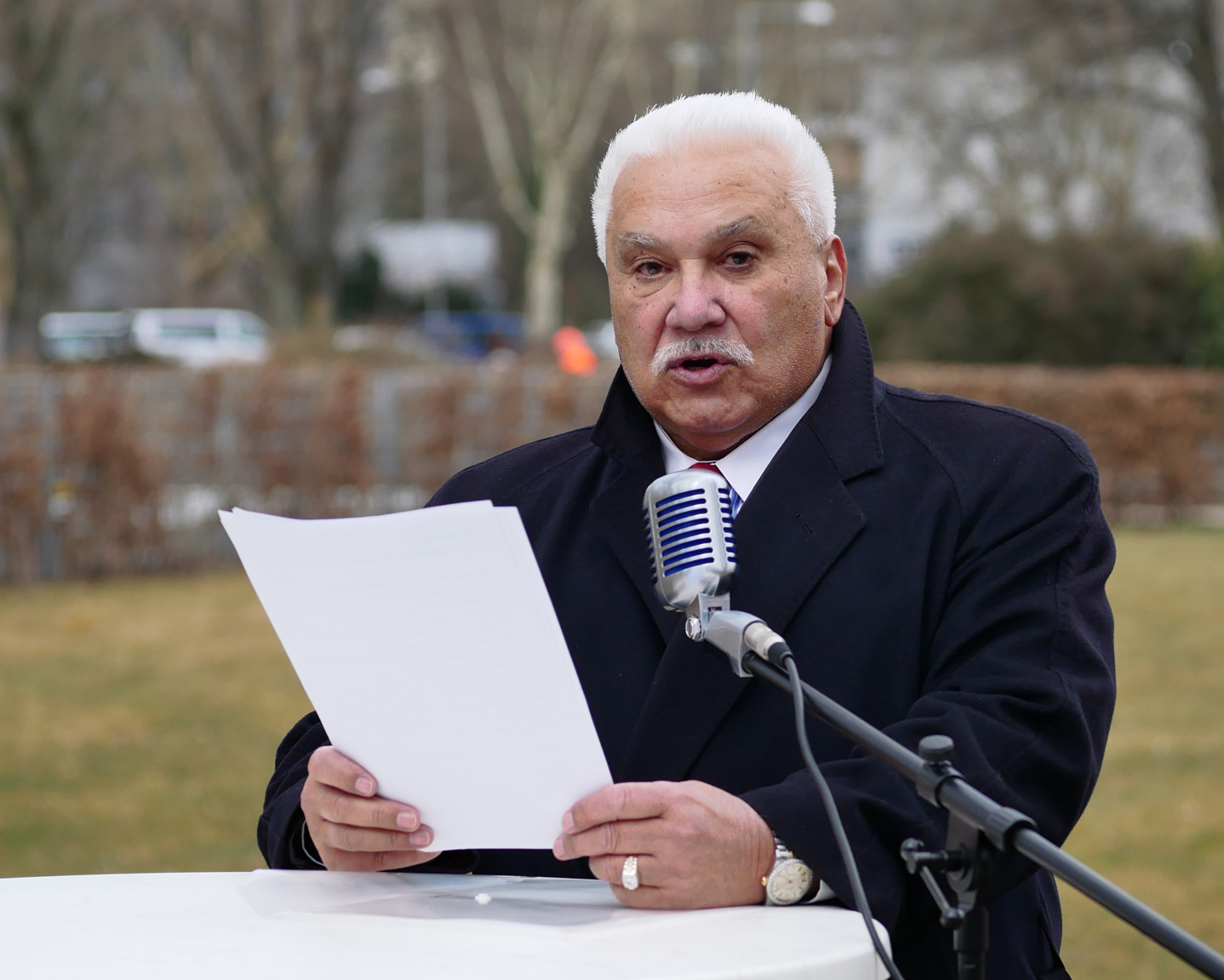
Adam Strauß
Chairman of the Council of German Sinti and Roma in Hesse
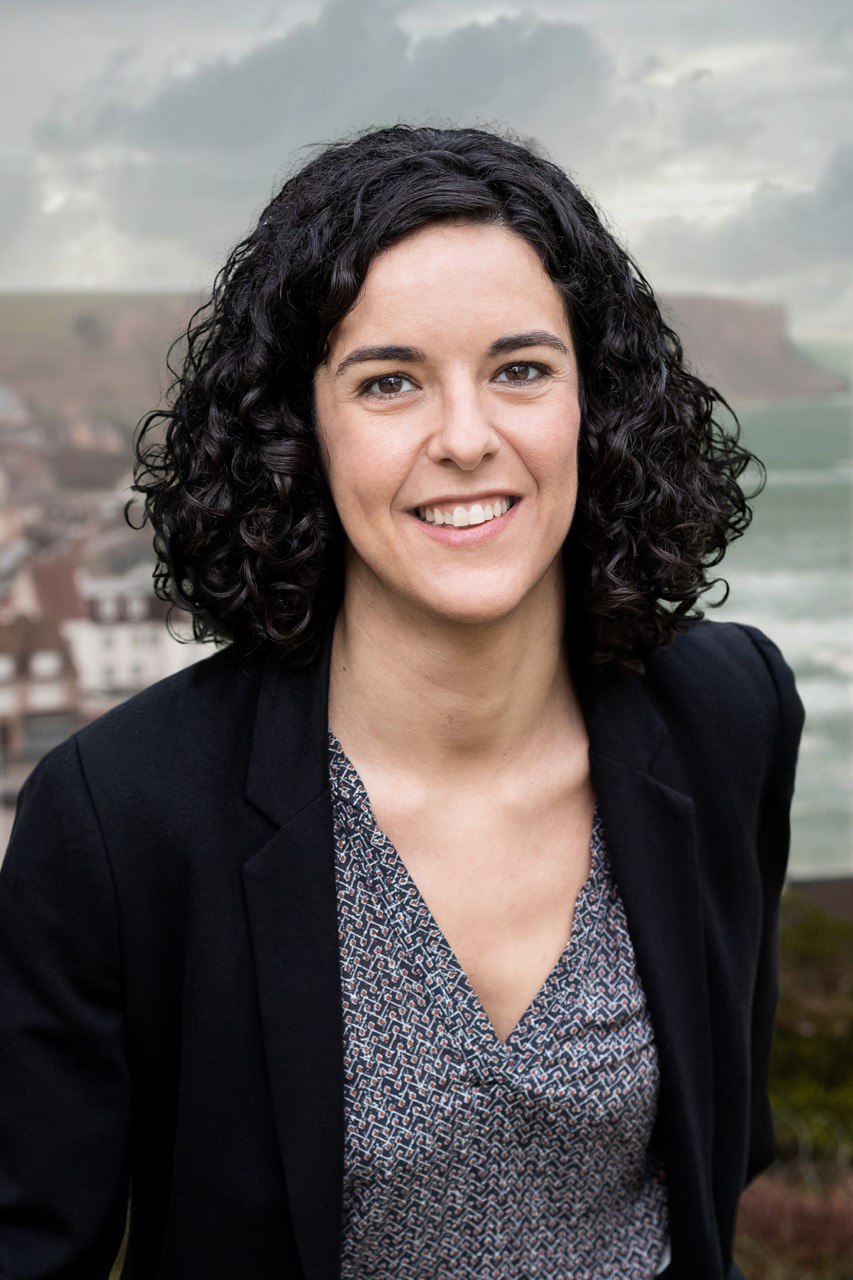
Manon Aubry
Manon Aubry, MEP
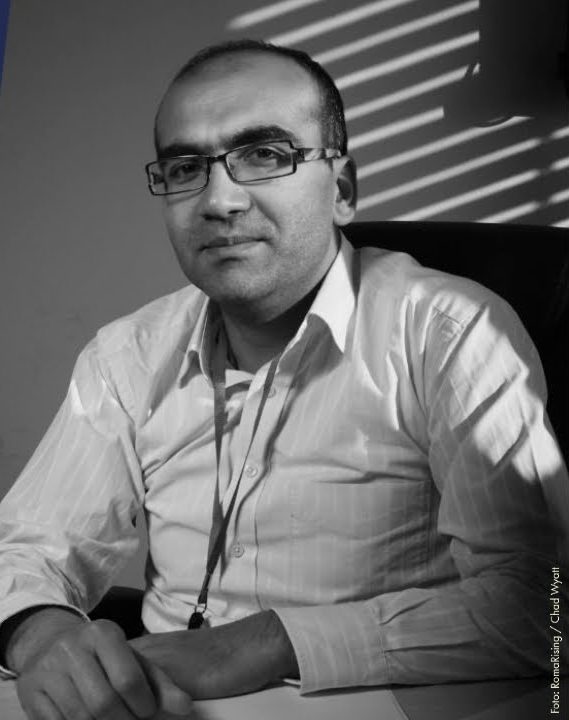
Adrian-Nicolae Furtuna
Historian at the University of Bucharest
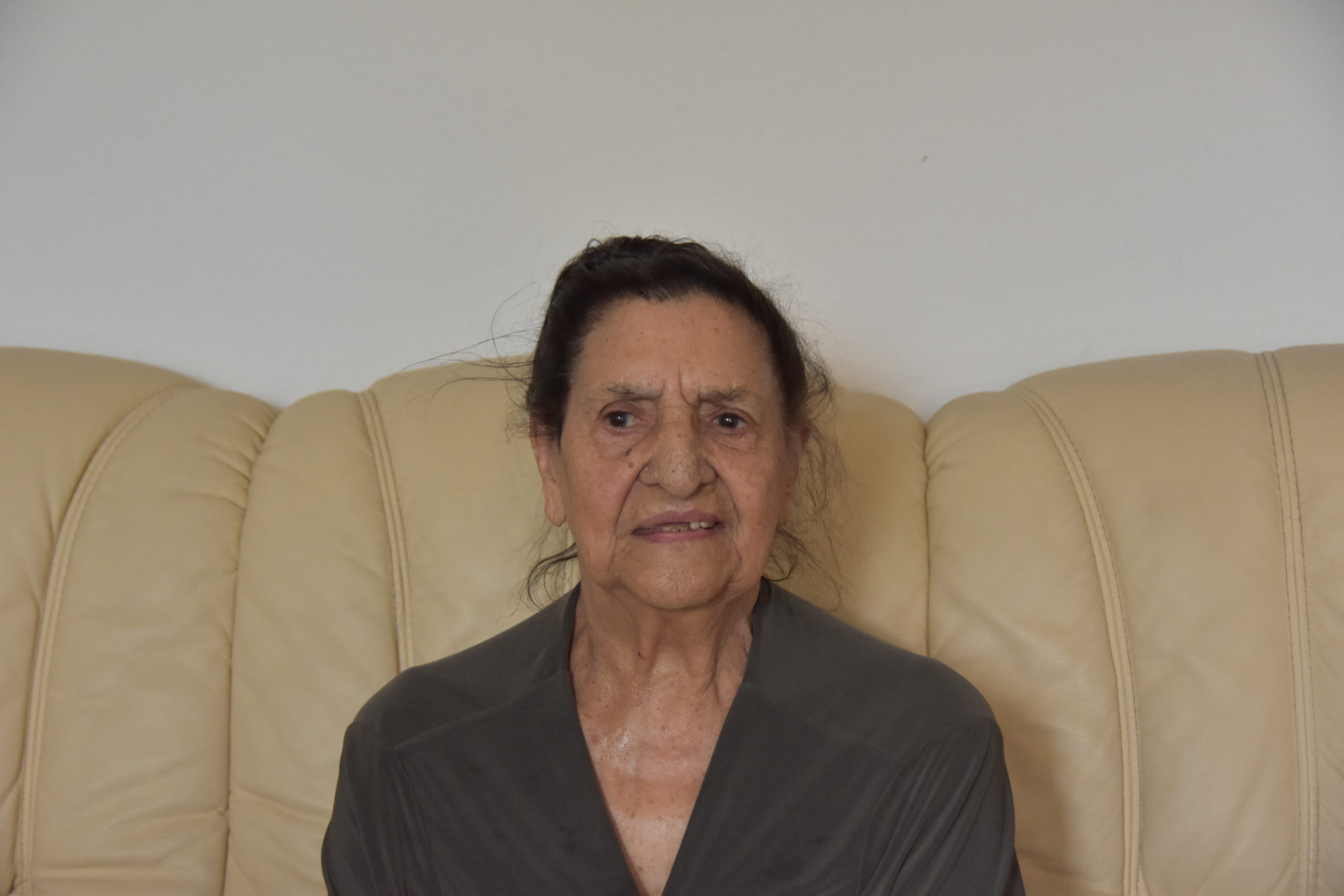
Philomena Franz
Holocaust Survivor

Angelina Kappler
German former Weinkönigin
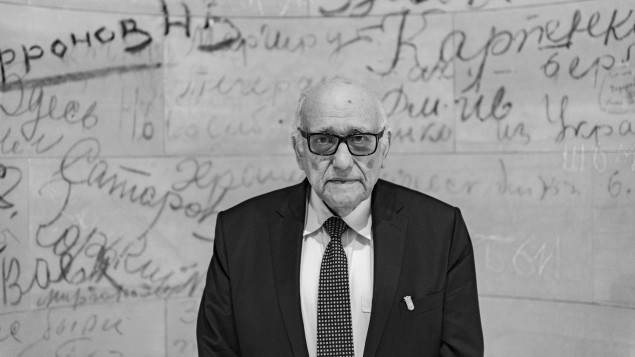
Marian Kalwary
Chairman of the Association of Jews,
Survivors and Victims of the Second World War
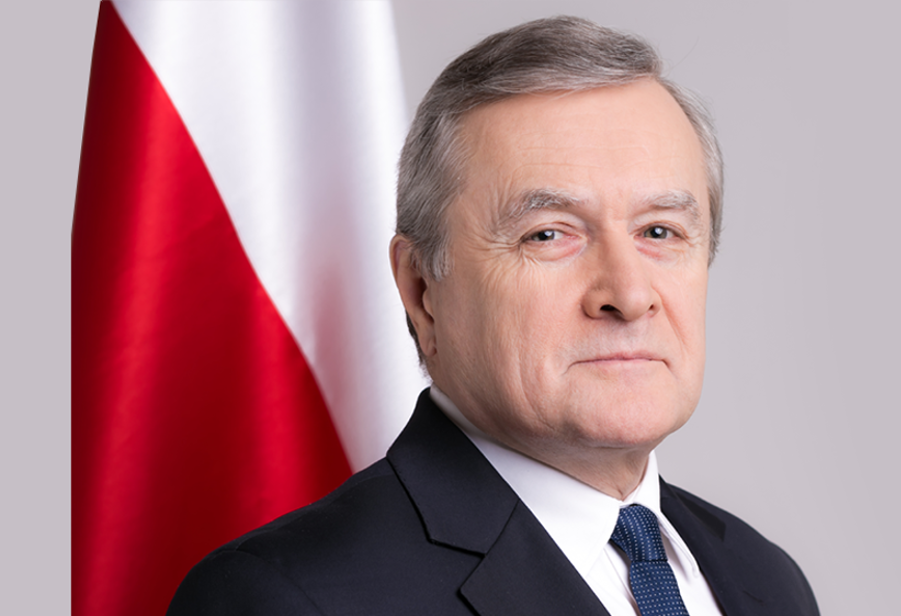
Piotr Gliński
First Deputy Prime Minister and the Minister of Culture and National Heritage of Poland

Izabela Tiberiade
Young Activist from Sweden
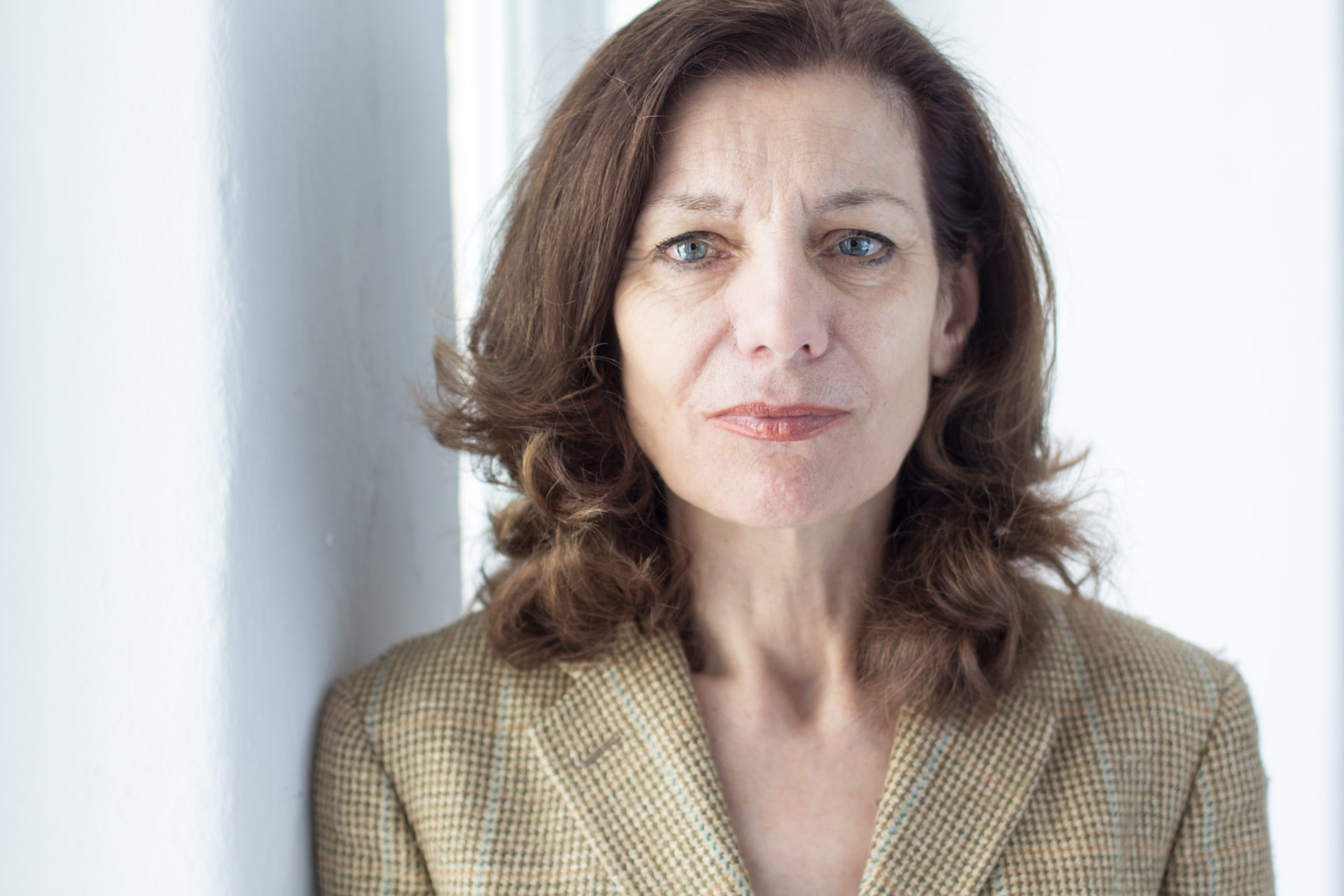
Ursula Krechel
Writer
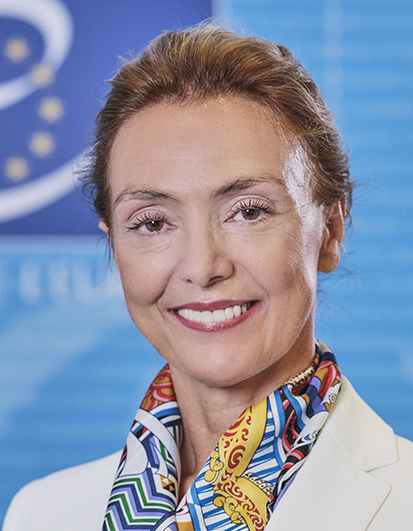
Marija Pejčinović Burić
Secretary-General of the Council of Europe
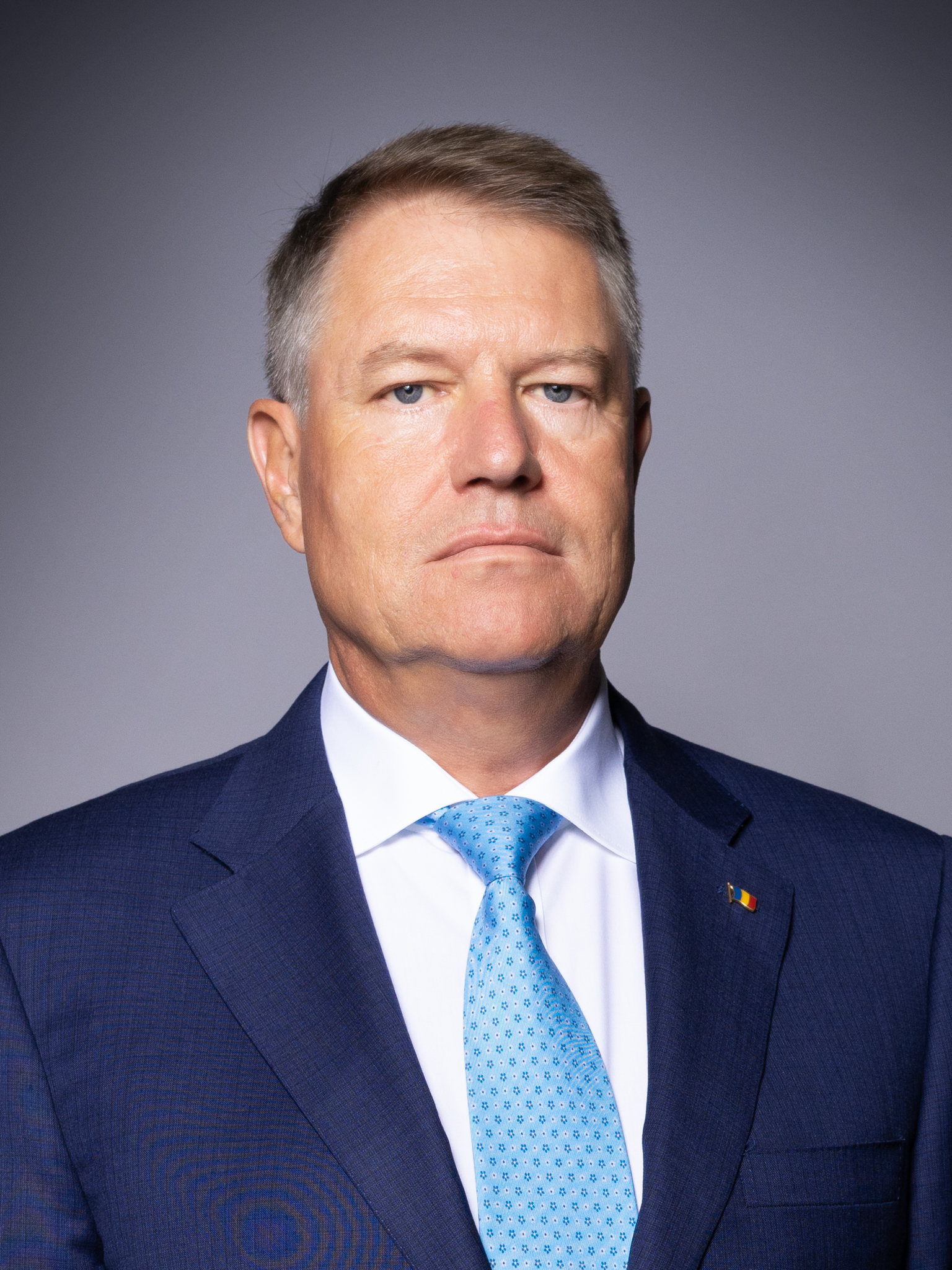
Klaus Iohannis
President of Romania










